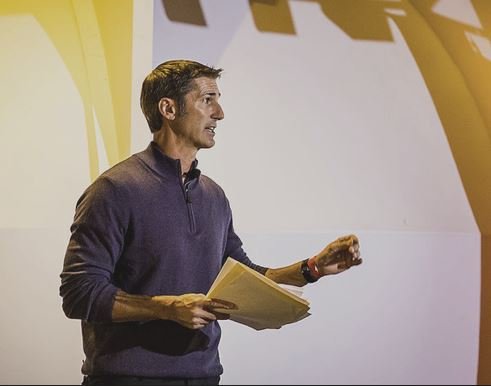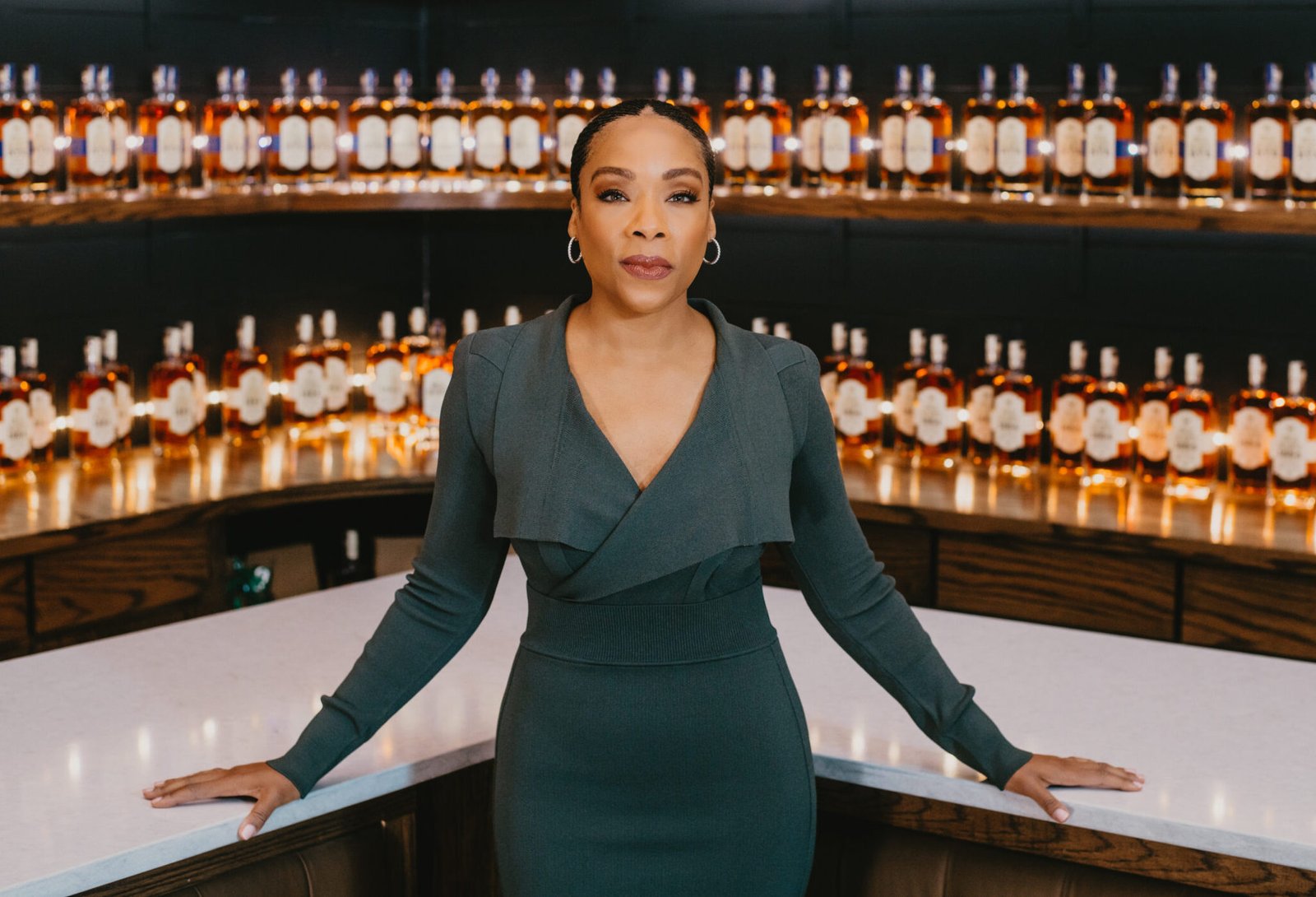If you had an opportunity to interview retired star football players, what would you ask them? Given that I have had the opportunity to do so, I wanted to take advantage of it by posing questions that I thought would be of interest to a wide readership. Here are some of the fun questions – and the answers – from my interviews with former NFL Pro Bowlers and Super Bowl champions Bart Oates and Matt Stover:
Adam: In your experience, other than natural talent, what are the defining qualities of a superstar athlete?
Bart: There are three defining qualities of a superstar: confidence, patience, and hard work. A superstar is someone who always has confidence in themselves— even in the face of defeat. They know that today’s loss is not indicative of their overall capabilities. A superstar also has the ability to display a great deal of patience. He/she can endure the difficult and stay composed and consistent in any situation. Finally, a superstar never underestimates the value of hard work—and is always the first one in and the last one out.
Matt: Do you want the ball? Period. Do you want to be the guy who makes the plays or the guy who just gets paid? Having that innate confidence and genuine desire to lead is what takes a person to the next level.
Adam: What players and coaches have you learned the most from? What did you learn from them?
Bart: Like many who have played at the professional level, I could name so many players and coaches who have taught me lessons. Two people that immediately come to mind are my high school football coach, Carden Daly, and my former teammate, Jim Burt. Coach Daly was extremely demanding, but he was fair. He truly taught me what it meant to be accountable. Jim and I began our relationship as rivals. He was a nose tackle and I was a center, so naturally we would always come head-to-head in practice. Through our wives who had become friends, our relationship off-the-field began to develop as well. One day in the off-season, Jim called and asked if I wanted to practice some drills. I obliged and our friendship really grew from there. Through this relationship, it reinforced the need for trust, camaraderie, and the importance of working together to make each other better.
Matt: My Special Teams coach with the Browns and Ravens, Scott O’Brien, taught me a lot. He and I grew together in the League – he as a coach and me as a player. He was really instrumental in teaching me how to plan out my game and how to practice more effectively. Bill Belichick taught me how mentally tough you really have to be to succeed. He taught me grit by putting me to the test. Along with Bill Parcells, he provided me with the mental training necessary to compete at the highest level. Clay Matthews Jr. was a player who taught me some valuable lessons. During his seventeenth season, I observed how he managed himself, his work ethic, and his grit. He gave me two pieces of invaluable advice: 1) Get away from football in the off season. Get out of town and allow yourself to get refreshed. 2) Never get out of shape. Give yourself a week to rest, but never get out of shape.
Adam: What is the most surprising thing about life in professional sports? What is something that would shock fans?
Matt: Without question, it’s not as glamorous as you think. It’s extremely rigorous. The challenge to stay on top never ends. It’s brutal with zero security. Players are not to be pitied. I’m just stating it’s a lot more difficult than even I imagined. Something that may surprise fans about me is that I interned at IMG for three off-seasons because I knew that I needed to develop relationships and have a network in order to get a job once my career was finished.
Bart: How mundane it can be. People think it’s exciting all of the time. Being in professional sports is just like any other job. It’s not all glamorous. And just like any job, you really need to like what you do and the people you work with. Look at it this way: I’ve played in three Super Bowls. So, in essence, I’ve had nine hours of what people perceive professional sports to be like. But in contrast, my teammates and I dedicated tens of thousands of hours of practices, conditioning, weight lifting, meetings, film watching, etc. just to earn the privilege to play in those games.
Adam: What is the most surprising thing about life after professional sports?
Matt: The finality of it—learning to first embrace that finality as a positive thing and then determining how you’d like to move on. I was 42 when my professional football career came to an end. (Not exactly the age when people start thinking about new beginnings.) I wanted to do that would fulfill my goal of having a life of significance. Founding and operating companies and nonprofits and serving as a paid speaker on topics like finance, charitable giving, spiritual issues, and leadership have provided me with a very fulfilling life.
Bart: How fulfilling it can be. I always knew that professional sports would be a short-term opportunity. There’s nothing better than playing football. It really is a wonderful life. When I got out, I discovered that there were so many other things that I am passionate about—areas where I could find fulfillment. That doesn’t minimize my love for the game. The same disciplines, lessons, and character traits you learn in football can help you be successful in other pursuits.
Adam: Who are the greatest leaders you have played with, and what do you believe are the defining qualities of a great leader?
Bart: Having been part of three Super Bowl teams, I know the importance of having a strong quarterback. Phil Simms stands out to me as a great leader because he would always do whatever it took to win. Phil never wanted the spotlight or special recognition. He just wanted to do his job. What I really appreciated about him was his moxie. He was just a very determined player. Another person who comes to mind is Jeff Hostetler. Here’s a guy who sat on the bench for many years. Talk about patience and endurance. Jeff stayed focused when a lot of other guys would have checked out. Due to his preparation, he was able to succeed during some very clutch moments. The defining qualities of a leader is someone who leads by example, knows how to motivate others, and is willing to put in the work to get, and remain, at the top.
Matt: Throughout my career I played with many great leaders— each unique in his style and delivery. There are three individuals who immediately come to mind who carved their own paths and left a distinct impression on me and many others: Peyton Manning – His work ethic was second to none. No one worked harder, studied more. Ray Lewis – He raised the standards of everyone on the team by his passion to be great and the desire to win. He did an incredible job of making sure everyone felt acknowledged and assured that he valued them. Trent Dilfer – He understood is role and executed it extremely well. My most selfless teammate.
The full interviews with Bart and Matt can be found at https://thriveglobal.com/stories/lessons-in-leadership-one-on-one-with-bart-oates/ and https://thriveglobal.com/stories/tips-from-the-top-one-on-one-with-matt-stover/ respectively.









